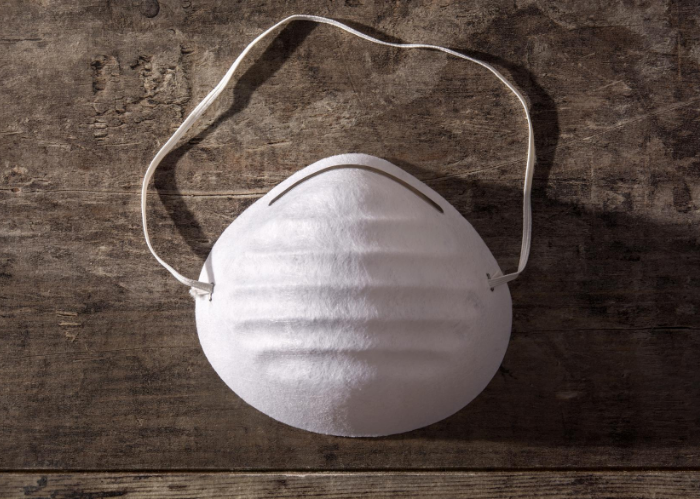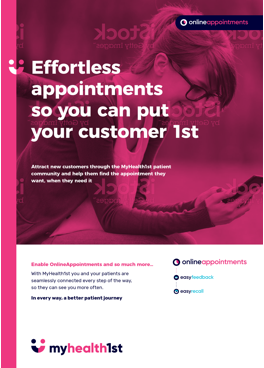
Nearly every form of work in Australia has been affected by the pandemic, to some degree or other. Healthcare professionals haven’t been exempt from this impact, with some services in particular seeing a drop of 50% or greater in hours worked and monthly income.
While not all healthcare professionals are being impacted as severely by the pandemic as surgeons and anaesthetists, the drop in workload and corresponding drop in income is widespread. According to the MABEL COVID-19 SOS (Medicine in Australia: Balancing Employment and Life COVID-19 Short Online Survey), a survey of a representative sample of 2,235 GPs and specialist healthcare professionals, the pandemic has resulted in change across the board.
The majority of healthcare professionals report a drop in income due to reduced workload. 65% of GPs and 83% of non-GP specialists reported a decrease in workload and income . Surgeons and anaesthetists appear to be among the worst affected, with around one third reporting a reduction in income of 50% or more.
Financial stress is widespread as well, with low to moderate stress being common and 31% of GPs and 27% of non-GP specialists reporting experiencing moderate to severe stress due to financial uncertaint y. Higher levels of stress appear to correlate with private GP practices and larger specialist practices.
Practices in urban areas, especially affluent ones were more likely to report reduced income. This appears to be due to practices in affluent areas being more likely to privately bill for appointments pre-COVID-19. A reduction in people coming in for face-to-face appointments, a move to bulk-billing and bulk-billing for telehealth appointments all appear to be contributing factors to this reduction in income.
Across the board both GPs and non-GP specialists have increased the proportion of appointments that are bulk-billed, with GPs increasing from 62% to 70% and specialists from 33% to 39%. All relevant modalities also reported that the vast majority of telehealth consultations they conducted were bulk-billed.
Whether patients will be willing, or able, to return to private billing after the pandemic remains to be seen. The loss of income streams or the fragility of employment may mean that bulk-billing may become more prevalent as time progresses. The current increase in bulk-billing appears to have the most parked affect on practices in affluent areas. Before the pandemic, people living in these areas were more likely to be willing to pay private billing. This has changed.
A small portion of the practitioners surveyed - 5.6% of GPs and 8.3% of non-GP specialists - reported worries that their practice may need to close or be sold within the next six months. Those respondents worried about sale or closure predominantly came from smaller private practices or from older non-GP specialists. There is a belief that the pandemic may be prompting practitioners close to retirement to expedite decisions to close or sell.
Variations in Workload
Whether practices will close remains to be seen, but a number of practices across the country have reported changes in both hours worked and staffing in an attempt to save money or adapt to the new environment.
Around one quarter of GPs reported a reduction in workload while another quarter reported an increase in workload. Female GPs appeared to be more likely to report and increase in workload. The reason for this is not entirely clear, but may be due to a number of factors including female GPs being more likely to work beyond scheduled hours than their male counterparts, and female GPs being more likely to provide pregnancy or family planning care.
A number of practices across Australia, with non-GP specialist practices in particular have reported changes to staffing and hours due to decreased workload. These changes include a reduction in practice staff (including GPs and allied health professionals) as well as limiting staff hours or opening hours.
Non-GP specialists appear to have fared the worst from the pandemic so far. A combination of expenses and a marked reduction in referrals - thanks to a reduction in GP bookings - has seen a huge uptake in need for government assistance. Fifty one percent of non-GP specialists have reported signing up for the JobKeeper supplement for their staff, as opposed to only 18% of GPs.
What Can Be Done?
While it may not make up for the change in income lost from private billing, embracing telehealth may be one way to help keep bookings steady. As of mid may, practitioners in Australia reported that a full 36% of all consults were being conducted via telehealth, up from just over 1% before the pandemic.
This uptake of telehealth is unlikely to reverse and, given the current situation in Melbourne and the increasing number of cases in Sydney, may instead steadily grow.
Non-GP specialist practices face a harder road to recovery, as much of their business comes either through referral or people choosing to make elective appointments. Without seeing GPs increase their bookings and subsequently the number of referred patients, or patients themselves finding financial security and abated COVID-19 fears, things may continue to be difficult.
Ensuring that your specialist practice is highly visible to referring GPs and patients alike, through listings, referral services or marketing may help increase workload and income.
The COVID-19 pandemic won’t last forever, but in the meantime, the healthcare professionals, as well as those working in related industries must work together to deliver the best possible outcomes for practices and patients alike.
